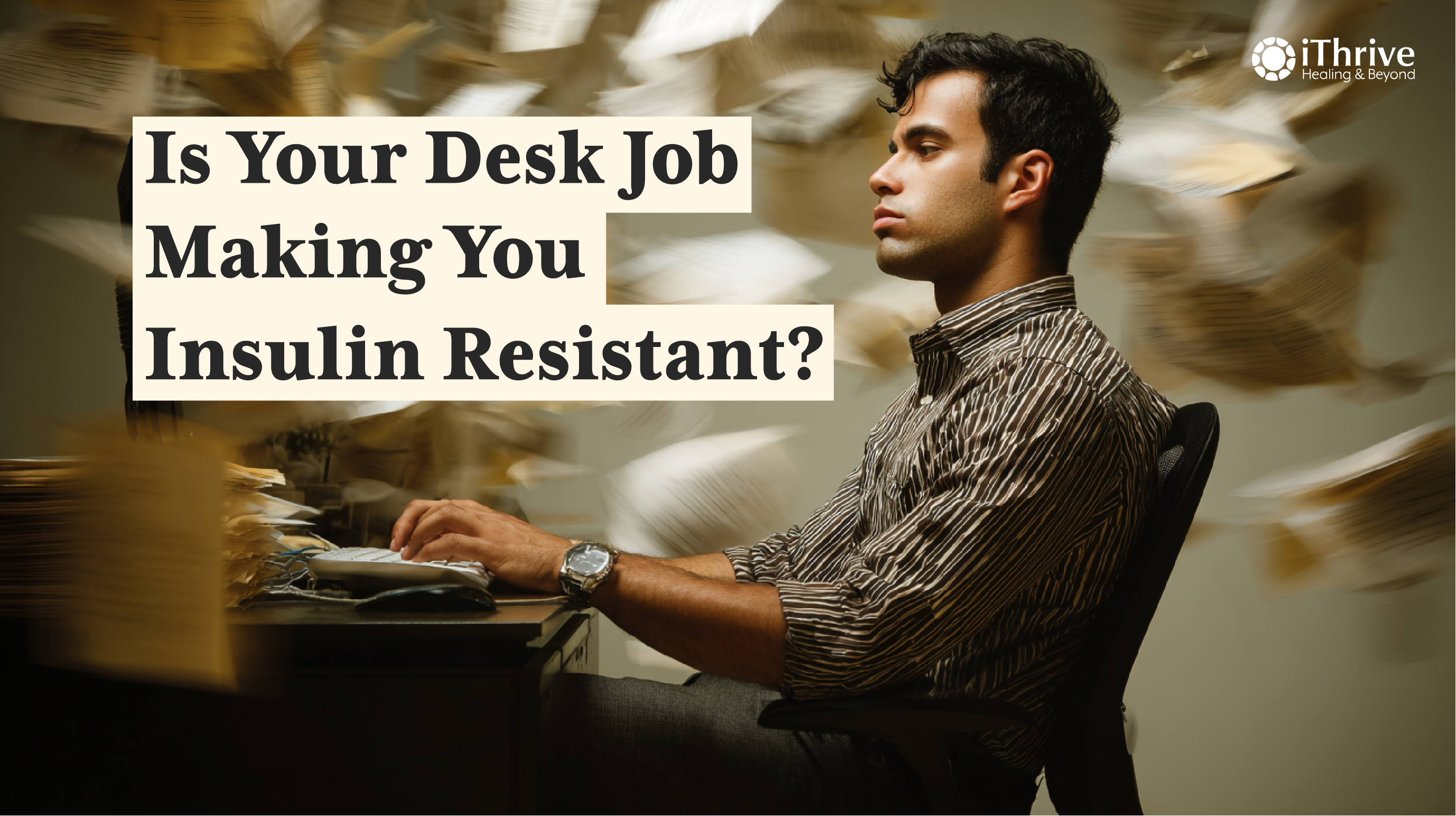This article was originally published in Newsbytes on 3.1.2023.
People love their tea and coffee and these beverages do have many health benefits as well. They are high in antioxidants, reduce depression and low mood, boost cognitive function, and are linked to a host of positive health effects and increased longevity. However, there are negative effects too. Too much caffeine can lead to chronically elevated stress levels and disrupt sleep and recovery. Coffee, in particular, also has the problem of mold growth on it which can cause negative reactions in people who are sensitive.
The key for most people is to consume these beverages in limited amounts. The US FDA and other public health institutions recommend a maximum of 400 mg. But even that is a bit too much. 100-300 mg is what you should aim for. However, cutting back on caffeine can be challenging if you’ve been consuming a high amount daily for an extended time. Here are some tips to help you, a lot of these involve ways to become active and energetic naturally so that you need to depend on caffeine less:
It gets better: Prepare yourself for withdrawal symptoms. Symptoms may include headache, fatigue, depression, difficulty concentrating, and mood changes. These symptoms can range in severity and usually subside in a few weeks. They say time is the best healer- that’s definitely true in this case.
Get Enough Sleep: Getting enough sleep is the most important thing to ensure you have enough energy daily.
Wake up and get sunlight: Make sure to wake up early, within two hours of sunrise and get at least 10 minutes of unfiltered sunlight in your eyes within half an hour of waking up. Even apart from that, try to get as much sunlight as possible during the daytime.
Cold exposure: Getting a little cold exposure in the morning in the form of a cold shower or ice bath(3-5 minutes is sufficient) creates long-lasting elevations in adrenaline and dopamine, thus boosting your mood, energy, and focus significantly.
Healthy and Nutritious diet: Eating healthy, avoiding inflammatory foods that bring you down, and getting adequate nutrients go a long way in boosting your energy levels.
Hydrate: Dehydration can often be mistaken for hunger or cravings. By staying hydrated, you may be able to curb your cravings for coffee and tea. Drink adequate amounts of water and make sure you’re getting enough electrolytes as well.
Address the root cause: Sometimes, underlying health issues such as metabolic or neurological issues, or mental health conditions could be the reason for caffeine addiction. Seek help from a functional nutrition expert or other holistic health practitioner.
Green tea: Green tea is a great alternative to wean off coffee and black tea. It does contain some caffeine but in very low amounts. It also contains L-theanine and a few other compounds that have a calming effect. Green tea gives you a boost of energy in a balanced way.
Herbal teas and other decaffeinated options: If you enjoy the activity of drinking tea or coffee but want to reduce your caffeine intake, try switching to herbal teas or decaffeinated versions. There are many flavors to choose from, so you're likely to find one that you enjoy. Some options like mint tea can actually boost your energy as well. Decaffeinated coffee is also an option if you really want the taste of coffee but without consuming caffeine.
Subscribe to our newsletter and receive a selection of cool articles every week




.png)


.webp)

.jpg)


.webp)
.webp)

